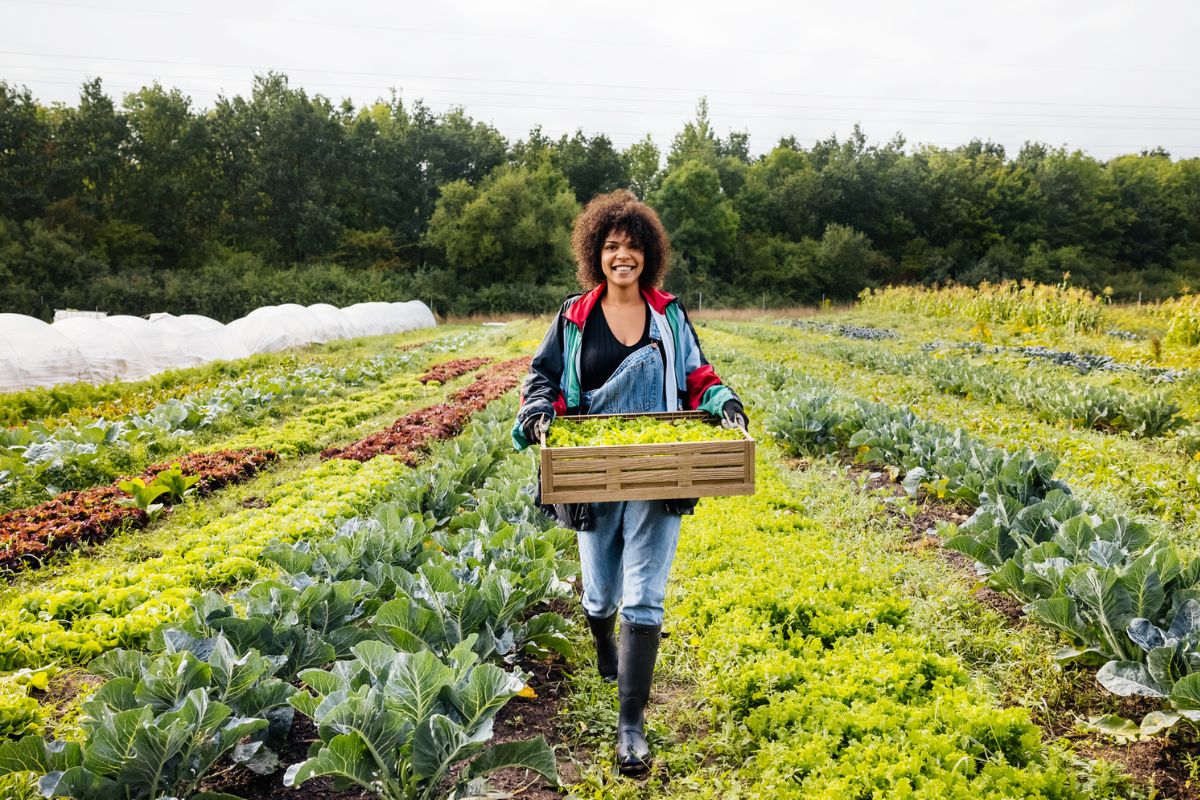The U.S. Department of Agriculture (USDA) has reached a historic $2.2 billion settlement to compensate Black and other minority farmers who faced years of systemic discrimination in farm lending programs. This landmark agreement will address decades of unfair treatment. It will also provide financial assistance to those affected by discriminatory practices before January 2021.
The settlement is a component of the Inflation Reduction Act’s Discrimination Financial Assistance Program. More than 23,000 qualified farmers, ranchers, and forest landowners will receive payments ranging from $10,000 to $500,000. An additional 20,000 individuals who planned to start farming but were denied USDA loans will receive between $3,500 and $6,000.
Responding To Decades Of Systemic Discrimination Against Black And Minority Farmers
This payout comes after years of protests, lawsuits, and failed legislative attempts to address the USDA’s long history of discrimination against minority farmers. The National Black Farmers Association (NBFA), led by President John Boyd Jr., has been at the forefront of this fight for justice.
“No matter how it is sliced, the $2.2 billion in payouts is historic,” said Boyd Jr., reflecting on the long struggle. “In 1999, Black farmers received a $1 billion payout. In 2013, a $1.25 billion payment was made in a late filers’ lawsuit settlement.”
The USDA’s discriminatory practices have had devastating effects on Black farmers in particular. In 1920, there were nearly 1 million Black farmers in the United States. Today, that number has dwindled to less than 50,000. Many Black farmers lost their land due to unfair lending practices and lack of access to crucial USDA programs.
Associated Press News reports that Agriculture Secretary Tom Vilsack acknowledged the department’s past failings. He stated, “This aid is not compensation for anyone’s loss or the pain endured, but it is an acknowledgment by the department.”
While many see this settlement as a significant step towards justice, some advocates argue that more needs to be done. Boyd Jr. described the aid as “like putting a bandage on somebody that needs open-heart surgery.”
He emphasized that land restoration remains a crucial issue. Challenges remain, including ongoing problems with access to credit and the need for broader systemic changes to ensure equitable treatment of all farmers.





